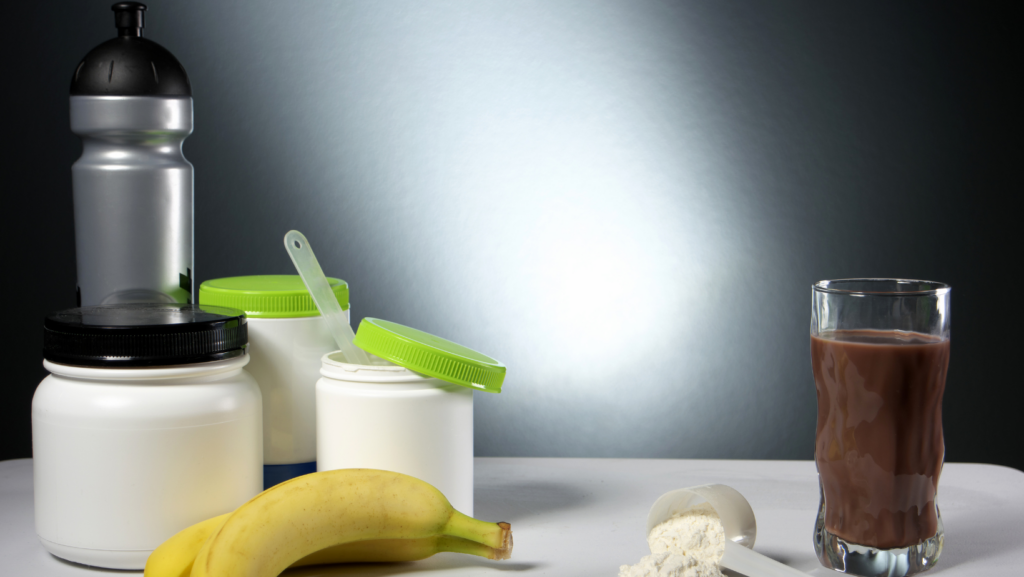Recovering from an illness or injury demands more than just rest; it requires proper nutrition to fuel the body’s healing process. The right nutrients can speed up recovery, reduce inflammation, and restore energy levels. Without them, the journey back to health can be prolonged and fraught with complications.
Nutrition in recovery isn’t just about eating more but about eating smart. It’s essential to understand which foods and nutrients play a pivotal role in rebuilding tissues, strengthening the immune system, and replenishing lost energy. By focusing on a balanced diet rich in vitamins, minerals, and proteins, individuals can significantly enhance their recovery outcomes.
Nutrition In Recovery

Proper nutrition in recovery accelerates healing by providing essential nutrients. Vitamins like A, C, and E aid cell repair. Minerals such as zinc and magnesium promote immune function. Proteins support tissue rebuilding, found in lean meats and legumes. Anti-inflammatory foods like berries and fatty fish reduce swelling. Staying hydrated aids nutrient transport. Tracking macronutrient intake ensures balanced energy levels. Providing a steady nutrient supply helps maintain muscle mass, critical in recovery phases. Nutrient-dense foods like leafy greens and whole grains deliver sustained energy and essential vitamins.
Importance Of Nutritional Support
Nutritional support accelerates recovery by speeding healing, reducing inflammation, and replenishing energy. Vitamins A, C, and E aid cell repair and immune function, while minerals like zinc and magnesium support immune health. Proteins from lean meats and legumes rebuild tissue, and anti-inflammatory foods like berries and fatty fish reduce swelling. Hydration maintains nutrient transport, ensuring balanced energy levels. Nutrient-dense foods such as leafy greens and whole grains preserve muscle mass and provide sustained energy.
Nutritional Strategies For Different Recovery
PhasesInitial Phase
Focus on anti-inflammatory foods like berries, fatty fish, and leafy greens. Anti-inflammatory foods reduce swelling. Incorporate vitamin C-rich foods (e.g., citrus fruits) for enhanced cell repair. Zinc-containing foods like nuts and seeds promote immune function.
Intermediate Phase
Increase protein intake. Lean meats, legumes, and dairy products assist in tissue rebuilding. Include complex carbohydrates from whole grains and vegetables to maintain balanced energy levels. Hydration remains crucial, so consume water-rich foods like cucumbers and melons.
Late Phase
Emphasize nutrient-dense foods. Leafy greens, lean proteins, and whole grains ensure sustained energy. Include magnesium-rich foods such as spinach and almonds. These help muscle function recovery. Continue consuming a balanced diet to support overall healing and maintain muscle mass.
Tailoring Nutrition Plans

Effective nutrition plans consider individual health conditions, recovery stages, and dietary preferences. Initial phase plans prioritize anti-inflammatory foods like berries, and fatty fish, aiding cell repair. Intermediate phase plans increase protein from lean meats and legumes, ensuring tissue rebuilding. With complex carbohydrates, they maintain energy. Late phase plans incorporate nutrient-dense foods and magnesium-rich options, supporting muscle recovery. Personalized hydration strategies focus on water-rich foods and liquids to optimize nutrient transport. Ensuring tailored, nutrient-dense meals during each phase accelerates the overall recovery process.
Common Challenges And Solutions
Appetite Loss
Appetite loss often occurs during recovery. Patients may struggle to consume necessary nutrients. Small frequent meals, smoothies, and nutrient-dense snacks like nuts, yogurt, and dried fruits can help maintain nutrient intake.
Digestive Issues
Digestive issues, such as constipation or diarrhea, complicate nutrient absorption. Foods rich in fiber, such as whole grains, fruits, and vegetables, can alleviate constipation. For diarrhea, avoiding fatty and spicy foods while staying hydrated is recommended.
Nutrient Deficiency
Nutrient deficiency hinders recovery. Consuming a balanced diet with a variety of foods, including lean proteins, fruits, vegetables, whole grains, and dairy, can ensure adequate nutrient intake. Consulting with a nutritionist may provide tailored guidance.
Hydration Problems
Hydration problems slow down recovery. Drinking enough water and consuming water-rich foods like cucumbers, watermelon, and oranges helps maintain hydration levels. Electrolyte drinks can also assist in severe cases.
Benefits Of Proper Nutrition In Recovery
Proper nutrition in recovery is essential for a swift and effective healing process. By incorporating a balanced diet rich in vitamins, minerals, and proteins, individuals can significantly enhance their body’s ability to repair tissues, reduce inflammation, and maintain energy levels. Tailoring nutrition plans to specific recovery phases ensures that the body receives the right nutrients at the right time, optimizing the healing process.

Effective recovery isn’t just about food quantity but also quality. Anti-inflammatory foods, lean proteins, and complex carbohydrates play a crucial role in supporting immune function and muscle recovery. Staying hydrated further aids in nutrient transport and overall well-being.
Addressing common challenges like appetite loss and digestive issues with strategic dietary choices can make a significant difference. Ultimately, a well-rounded and personalized nutrition plan is a powerful tool in accelerating recovery and promoting long-term health.

